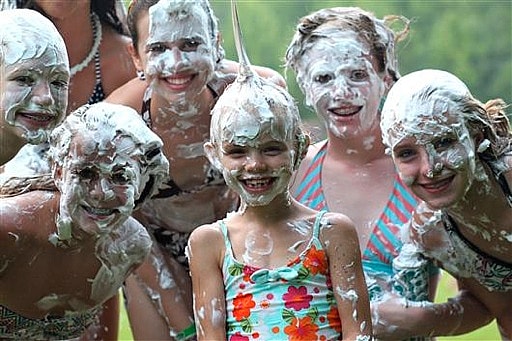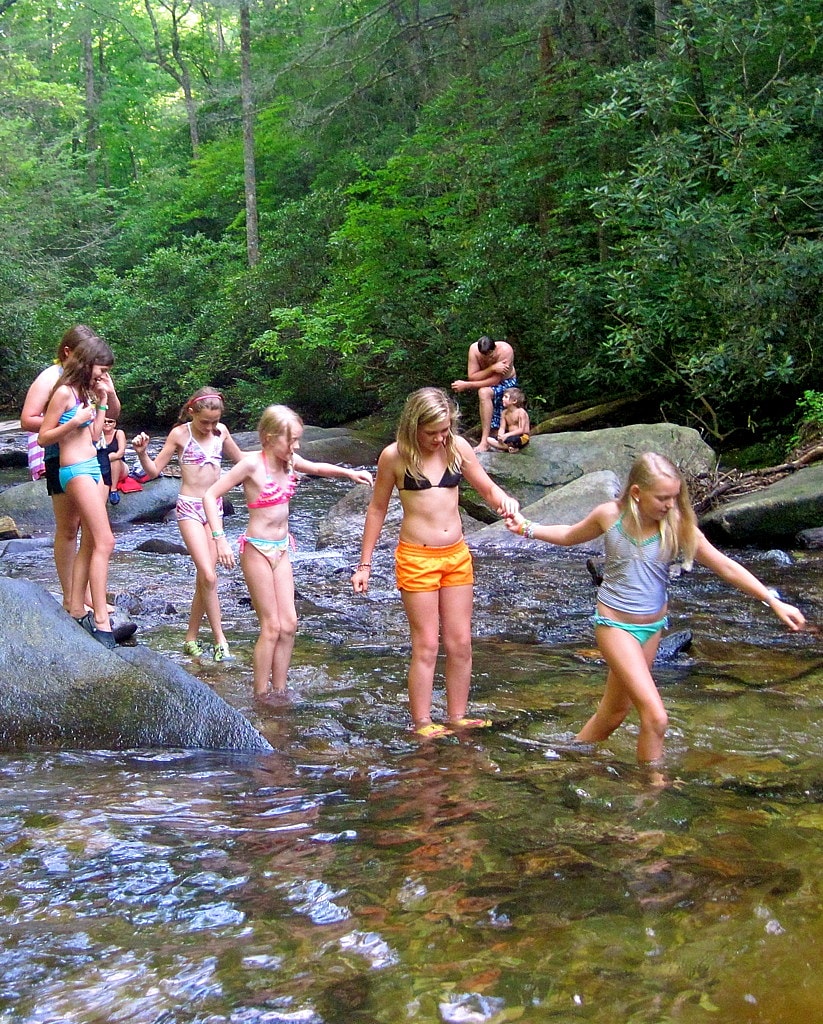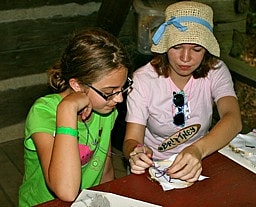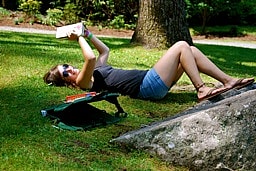Rachel Simmons is the founder of the Girls Leadership Institute (GLI), a national nonprofit organization that develops leadership qualities in young girls. The GLI offers programming that engages adolescent females in healthy relationship practices, emotional intelligence, and assertive and confident self-expression. Simmons recently spoke at a TED conference about the incredible importance of positive female-to-female relationships among girls at an early age. A startling trend has been discovered: as girls grow into adolescence, their self-esteem reduces greatly. Girls begin to internalize societal pressures to be passive, modest, pleasing, and liked. With those as guiding core values, Simmons notes that young women hit a psychological glass ceiling that carries through their development. To quote Simmons, this produces a situation where “if [women’s] college applications are stamped with 21st century girl power, and they are, we also see their psychological resumes lagging generations behind.”
We as a greater society need to instill young women with the confidence, drive, and assertion they need to live successful and fulfilling lives. This change begins at an early age and it begins in healthy female-to-female relationships. Girls need to be coached, supported, and guided to this empowered state of being, and as a counselor for young women, your impact could not be more influential. As Simmons notes, “Relationships with peers and adults offers [young women] opportunities to learn how to advocate for themselves, negotiate, and compromise.” Camp is the perfect place to put girls on a path towards fulfilling friendships, positive self-image, and healthy self-expression. Watch Simmons’ video highlighted by high schooler Claire Sannini’s personal testimony of relationship struggles, and get inspired about all the potential this summer holds.

























